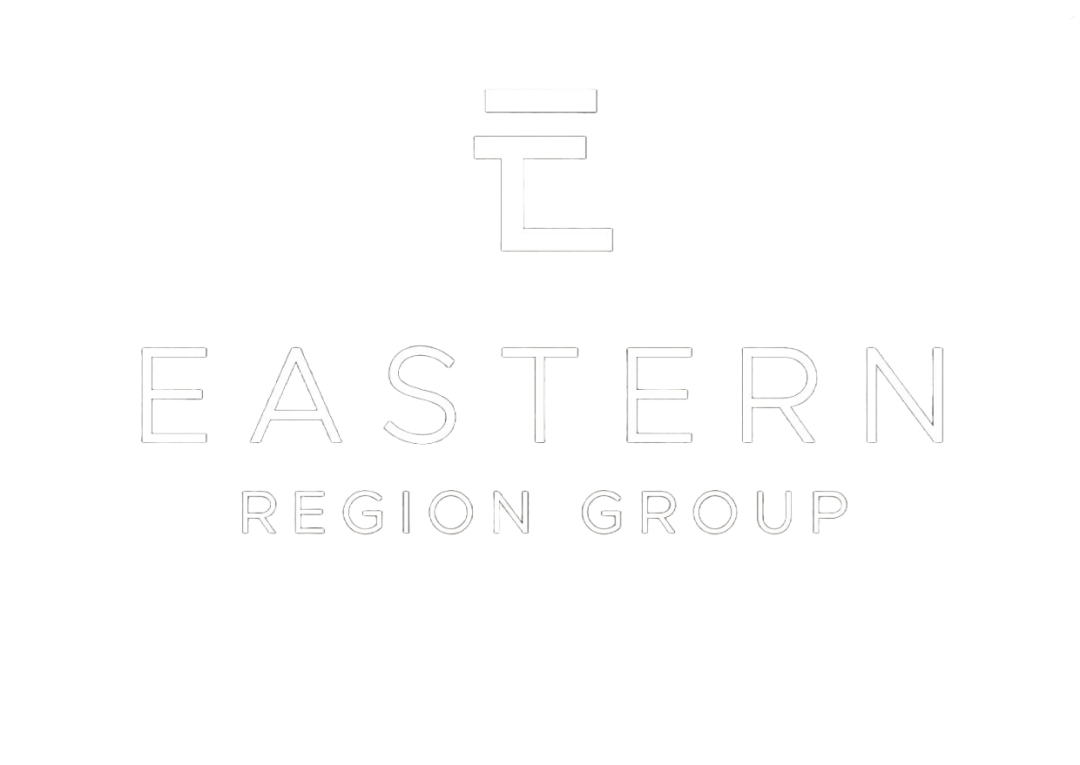Dubai, UAE - Eastern Region Group (ERG), a boutique consultancy specialising in corporate structuring, tax and legal advisory, and cross-border transactions, presents its analysis of a landmark development in the UAE tax system. In May 2025, the Cabinet issued Decision No. 63 of 2025, introducing the possibility for Unincorporated Partnerships (UPs) to elect corporate taxpayer status and be taxed at the standard 9 % rate. Until now, partnerships were considered tax transparent. Profits were allocated to each partner and taxed in their home country. While this looked flexible on paper, in practice it created persistent challenges. Double tax treaties were often inaccessible because the partnership itself had no “residency status.” Each partner had to prepare separate filings, which multiplied administrative costs. And when profits were distributed abroad, foreign tax authorities frequently imposed additional levies, creating double taxation. The new “Partnership Election” is designed to resolve these issues by giving UPs the choice to become a taxable person in the UAE. In other words, instead of being a mere conduit, the partnership may now be treated like a corporation for tax purposes, opening the door to treaty benefits and simplifying compliance.
How it works in practice
The decision is not automatic. All partners must agree unanimously, and one of them is appointed as a Responsible Partner to represent the entity before the Federal Tax Authority (FTA). The application has to be submitted before the start of the tax period. Once approved, the obligations mirror those of a company: IFRS-compliant accounts, mandatory audit above AED 50 million turnover, reporting changes in the partnership structure, and record retention for at least five years. What makes the step especially serious is its irreversibility — once elected, partners cannot easily go back to transparency unless the FTA authorises it in exceptional circumstances like liquidation.
Why it matters for business
This reform is more than a technical adjustment. It offers international businesses a predictable framework for cross-border operations. By granting partnerships corporate taxpayer status, the UAE closes one of the main gaps that previously limited the use of partnership vehicles in global structures. For joint ventures, funds, and family offices, the new regime creates a foundation for more efficient tax planning and deal structuring.
Who stands to benefit
The election is particularly advantageous for family funds wishing to avoid separate filings for every beneficiary, joint ventures in construction, logistics and energy where treaty protection against withholding taxes can materially improve returns, and private equity partnerships in DIFC and ADGM which can now claim treaty relief on dividends and capital gains at the entity level. For them, the Partnership Election is not just about simplification; it is about accessing international tax networks previously out of reach. But not without risks Still, the election is not a universal remedy. It is almost impossible to reverse, which means partners are locking themselves into this choice for the long term. Some foreign jurisdictions may refuse to recognise the opaque status and continue to treat profits as if they were taxed at the partner level, leaving the risk of double taxation unresolved. And for groups with revenues above €750 million, OECD Pillar Two rules will apply a 15 % minimum tax anyway, neutralising the benefit.
Why expert advice is essential
Electing into the opaque regime is not just ticking a box. It demands financial modelling, updates to partnership agreements, compliance with transfer pricing, and careful planning of cross-border implications. A misstep could erase expected tax savings or, worse, block transactions altogether. Eastern Region Group advises clients to approach this option strategically. The ERG team assists in scenario modelling, drafting and updating agreements, preparing documentation for FTA submission, and engaging with foreign tax authorities to secure recognition abroad. With experience across the UAE, Europe and Mauritius, ERG ensures that partnerships, funds and joint ventures can use the new regime effectively while avoiding its pitfalls.
Looking ahead
The Partnership Election is arguably the most significant tax reform since the UAE introduced corporate tax in 2023. It gives partnerships the stability of corporate status without depriving them of structural flexibility. For international investors, it offers a clearer, more predictable platform for cross-border business. Yet it also requires foresight: the benefits are tangible, but so are the risks. Eastern Region Group remains at the forefront of these changes, guiding businesses, family funds and private equity groups through the complex process of adapting their structures to the evolving UAE tax framework.
Disclaimer: This press release may contain forward-looking statements. Forward-looking statements describe future expectations, plans, results, or strategies (including product offerings, regulatory plans and business plans) and may change without notice. You are cautioned that such statements are subject to a multitude of risks and uncertainties that could cause future circumstances, events, or results to differ materially from those projected in the forward-looking statements, including the risks that actual results may differ materially from those projected in the forward-looking statements.
Media Contact
Company Name: Eastern Region Group
Contact Person: Tatjana Andreeva
Email: Send Email
Phone: +971 56 660 0226
Country: United Arab Emirates
Website: https://easternregiongroup.com/






